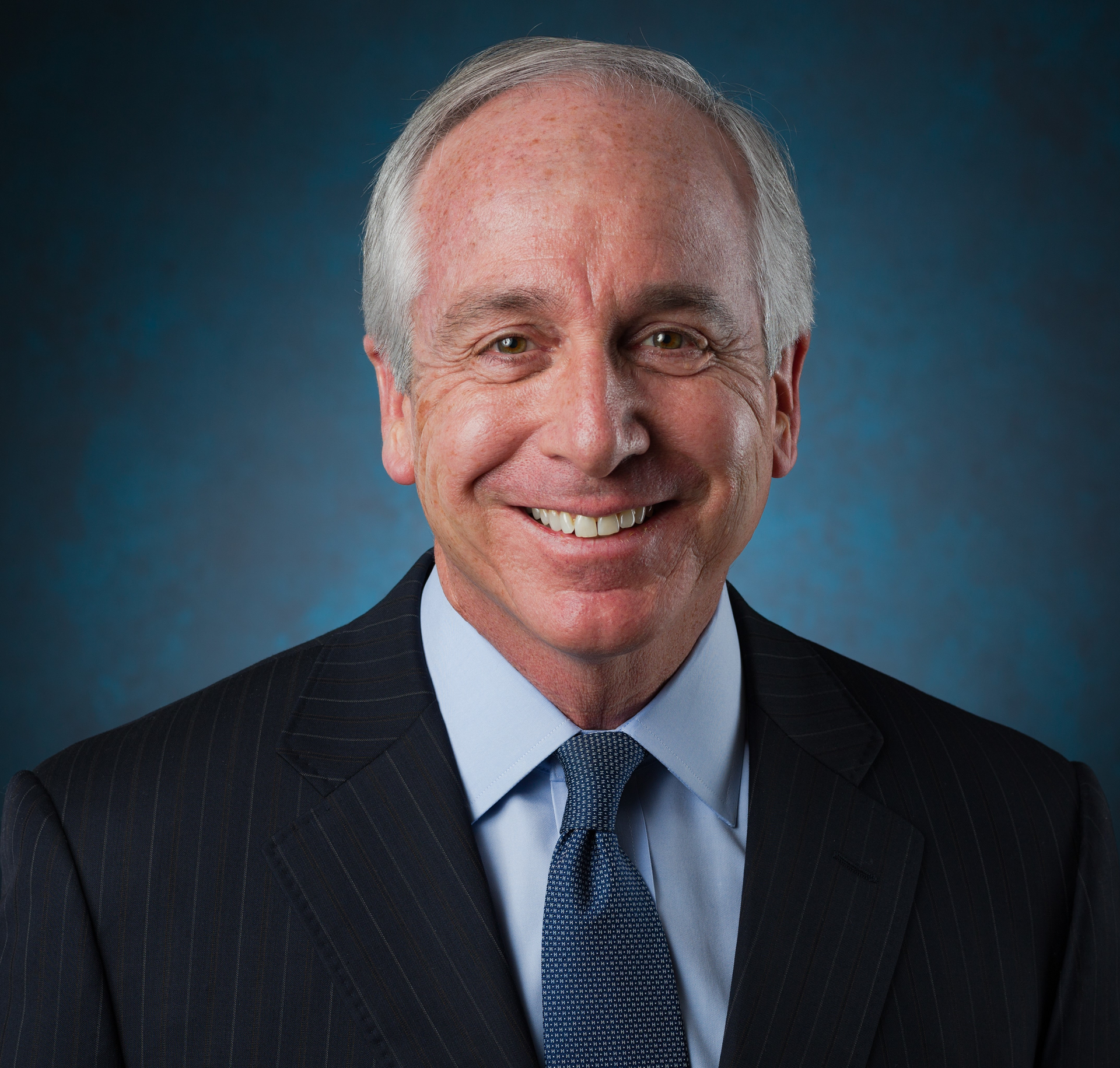Millennials clearly have executives’ attention — and confidence.
In a recent Robert Half survey, 85 percent of CFOs said they are confident their millennial employees are prepared to assume leadership positions. Good thing, too. Millennials — made up of both Generation Y (born 1978–1989) and Generation Z (born 1990–1999) — are already the biggest generation in the U.S. workforce, according to Pew Research.
Accounting and finance organizations that want to remain competitive in the years ahead need to be grooming these professionals now to move into the top ranks. Question is, does your leadership training program suit your millennial workforce?
While all generations share some characteristics and goals, millennials self-report specific values, ambitions, experiences and motivators. If you want to develop your millennial staff into finance leaders — or even to recruit and retain the best and brightest of this generation — you’ll need more than a one-size-fits-all professional development program.
Don’t panic. That doesn’t mean you have to overhaul your leadership training program. But a forward-thinking employer will consider how its training programs can meet both the firm’s needs and staff members’ career priorities.
Here’s an example: In studies and workplace surveys, millennials say:
- They expect continuous training.
- Their learning, communication and problem-solving styles are collaborative.
- They desire ongoing feedback.
- They welcome change and see it as a chance for improvement.
- They want to have a voice and know their opinion is valued.
- They prefer face-to-face interaction with their employer and coworkers.
Now let’s apply those responses to a professional development program.
In the Robert Half survey cited earlier, CFOs said the most common means of training at their company is onsite sessions. This method works well for millennials because it allows them to interact face-to-face with colleagues. To make these activities even more effective and appealing, you could incorporate cross-departmental collaboration, as many millennials enjoy learning in a diverse group environment.
Convinced, but unsure what steps to take now? Here are six more practical but effective ways to prepare millennials for leadership roles:
Don’t skimp on tech training.
Millennials are tech-savvy when it comes to devices and social media, but they still need to become well-versed in the latest industry-specific software. Give them in-depth training on accounting technology like enterprise resource planning and cloud-based financial solutions. They can’t lead without a thorough knowledge of these important tools.
Help with their career trajectory.
Workers starting out in their careers don’t always know where they’re headed. And even if they have an idea, they will require your assistance to show them the way.
Whether staff accountants or mid-career analysts, workers appreciate it when management helps them formulate a career development plan. Accompanying this discussion should be action items for leadership training and attaining additional certifications or degrees.
Offer leadership opportunities early in their career.
The sooner you demonstrate confidence in their ability to take charge of a group or project, the greater loyalty they’ll feel toward the firm and the more likely they are to stay for the longer term. Rewarding workers earlier in their career, rather than later, also is an effective retention strategy.
Pair them with a mentor.
One of the best ways for millennials to gain leadership skills is to have them work closely with senior-level professionals. If your organization doesn’t have a mentoring program, consider starting one — soon.
Look at implementing reverse mentoring as well. Millennials enjoy sharing their insights and expertise with veteran colleagues, who may benefit from a fresh perspective.
Promote collegiality.
Millennials tend to have an egalitarian approach toward leadership and management, rather than one that is top-down and rigidly hierarchical. Incorporate regular team-building exercises and retreats into your professional development program to help foster strong connections among workers of all generations.
Coach millennials for leadership with frequent feedback.
This generation grew up with continuous and on-demand feedback, which means annual performance reviews alone are not enough.
Instead, provide millennials with a regular dose of praise, recognition, instruction and constructive criticism. Consider holding weekly or biweekly informal meetings to chat about past performance, what they’re working on and upcoming projects. During these talks, keep in mind you’re preparing future company leaders — and advise them accordingly.
Millennials have a slightly different approach to work than previous generations. The way for managers to nurture leadership among these accountants is to incorporate methods that suit their communication and learning styles. In doing so, you can tap into the passion and drive of this generation and use it to strengthen your organization — and prepare for the future.
————-
Paul McDonald is senior executive director at Robert Half, the world’s first and largest specialized staffing firm. He writes and speaks frequently on hiring, workplace and career-management topics. Over the course of more than 30 years in the recruiting field, McDonald has advised thousands of company leaders and job seekers on how to hire and get hired.
Thanks for reading CPA Practice Advisor!
Subscribe Already registered? Log In
Need more information? Read the FAQs





